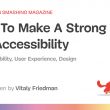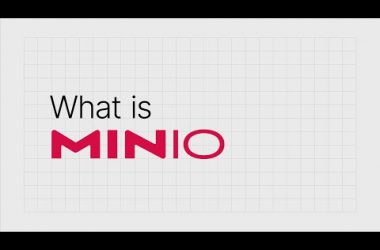Sam Altman was president of Y Combinator, an early-stage startup incubator, from 2014 to 2019. He is now the CEO and co-founder of OpenAI, the AI research and deployment business that created ChatGPT and DALL-E. He was a founding member of OpenAI, a nonprofit research institute whose goal is to develop universal artificial intelligence for the benefit of all people.
In this interview, Altman discusses the advantages and disadvantages of artificial general intelligence and AI tools with Stanford adjunct instructor Ravi Belani. He also offers guidance for budding AI companies.
During this Stanford University Entrepreneurial Thought Leader Seminar, OpenAI CEO Sam Altman talks about the development of his career and the company. Altman goes into detail about his time as a Stanford student, how he started a mobile social network called Loopt, led Y Combinator, and ultimately co-founded OpenAI. He focuses on the goals of OpenAI, which are to create useful artificial general intelligence (AGI) and discuss how this would affect society.
Altman highlights the promise and limitations of OpenAI’s efforts, including ChatGPT and GPT-4, and talks about how quickly they are expanding. He speaks openly about the responsibilities and demands of running a business that develops cutting-edge artificial intelligence (AI) technology, as well as the moral dilemmas and possible hazards involved.
The discussion goes into detail on how OpenAI must experiment and deliver products in cycles in order to match AI development to social demands and responses. Altman emphasizes the significance of using AI ethically as well as the difficulties in foreseeing the precise effects of AGI on both human lives and global dynamics.
Future developments that artificial intelligence (AI) may bring about in a number of fields, such as space exploration and the world’s energy needs, are given a lot of attention. Throughout, Altman emphasizes how crucial it is to modify organizational structures in order to promote creativity while upholding OpenAI’s fundamental goal of creating AI that is helpful to humanity.









